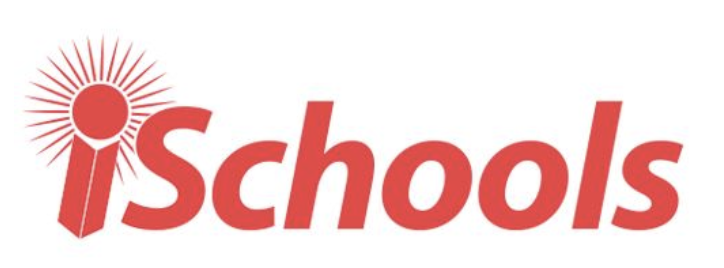

In my classes, we try to develop empathy not just for how the computer interprets our input, which is mediated through a sociotechnical system (in this case, the programming language), but also for the people who wrote the programming language.
#ISCHOOL UTEXAS CODE#
They have a thought in their native language and try to transliterate it into whatever code that they know, but the computer doesn’t really get it. A lot of times that’s the experience students have with programming languages. If I were to teach a human language - like Spanish or Mandarin - without talking about the culture within which that language was developed and the ways in which it’s used in cultural context, then it wouldn’t make a lot of sense. “Typically, the educational approach to programming does not acknowledge the culturally conditioned aspect of it. All of these cultural influences go into the experience of writing a program and being in a technical community,” Hauser said. There are communities like Meetup groups and conferences. People where involved in creating the language and modifying it over time.

“Programming as a profession, as an artifact, and as a discipline is really socially constructed.

His teaching focuses on helping students to understand the social contexts in which technologies develop and operate, and to equip them to effectively use these technologies for the benefit of others. This research was awarded the 2019 Litwin Books Dissertation Research Award for work in the philosophy of information.Īs an instructor, Hauser applies the sociotechnical perspective he uses in his research to his teaching by emphasizing that technologies such as programming languages are created and coevolve with the communities that surround them. By taking a pragmatic approach to that process and developing a framework for analyzing the roles of people and systems in the production of certainty, I aim to tackle difficult phenomena that we see happening regarding the use of information in government, health, and many other contexts.” For his dissertation, Hauser developed a taxonomy of the roles that information systems can play in the production of certainty and then examined modern computational timekeeping as a component of social reality that is created as it is described. “Information systems are increasingly used to determine what is true and what is false. “My work aims to better understand the nature of information and algorithmic systems, how they condition social reality, and how we might intervene to make social reality more just,” he said. Hauser’s research explores the relationship between information, certainty, and truth. “My work aims to better understand the nature of information and algorithmic systems, how they condition social reality, and how we might intervene to make social reality more just.”


 0 kommentar(er)
0 kommentar(er)
